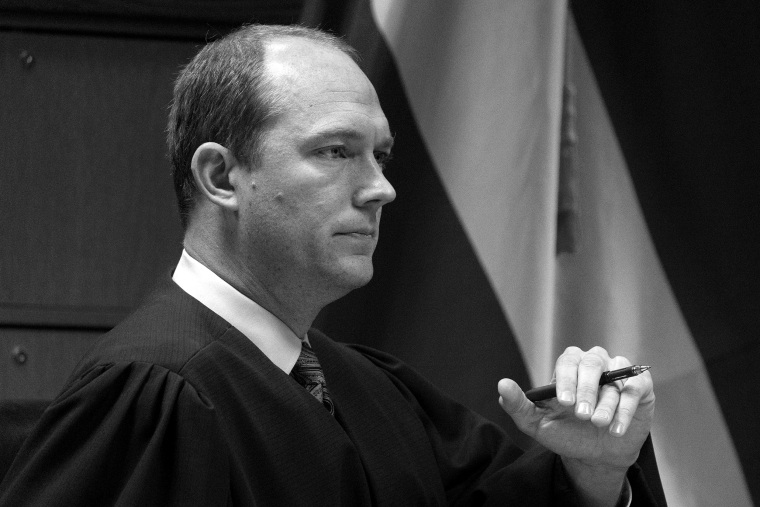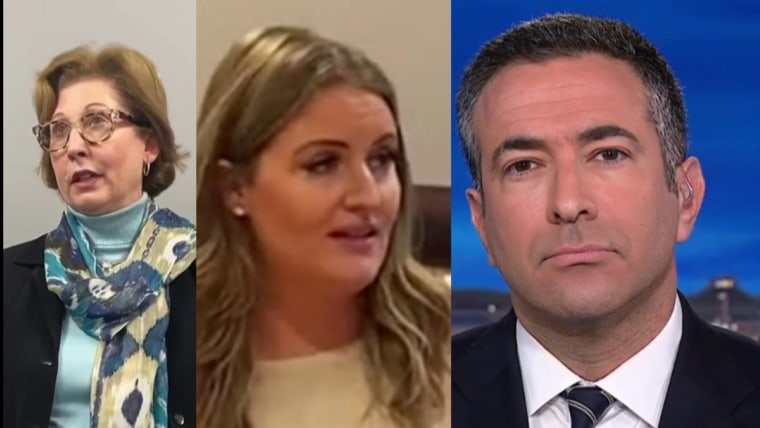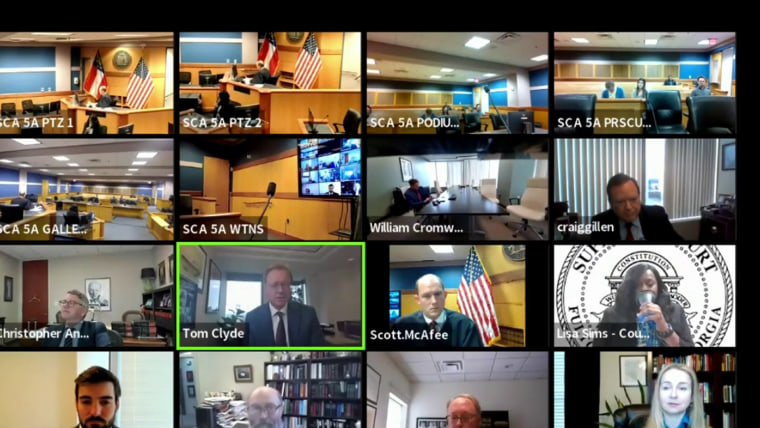The mystery of who leaked the proffer videos in the Georgia election interference case involving former President Donald Trump and 18 co-defendants did not last long. A defense attorney for one of those co-defendants confessed in open court Wednesday that he released them to the media. He even admitted his motive. He wanted the public to know, he said, that the witnesses’ statements did not incriminate his client.
Leaks are often blamed on prosecutors, but it’s more often the case that such unauthorized disclosures come from attorneys for defendants or witnesses.
Following the release of the videos by defense attorney Jonathan Miller, who represents defendant Misty Hampton, Judge Scott McAfee entered a protective order to prevent further public disclosures of sensitive discovery materials, but this episode demonstrates why such an order should have been in place earlier and why they are essential in high-profile cases. The leak was poor professional form by the defense attorney, but in the absence of a protective order at the time he leaked the videos, his disclosure did not violate the law.
Leaks in criminal cases are often blamed on prosecutors, but in my experience, it’s more often the case that such unauthorized disclosures come from attorneys for defendants or witnesses, in an effort to make their own clients look better in the public arena.

The Georgia RICO case is no exception. The videos that Miller released to the media documented proffers by co-defendants Jenna Ellis, Sidney Powell and Scott Hall, who have pleaded guilty in the case. Hampton is charged with participating in a scheme to tamper with election equipment in Coffee County, Georgia, with Powell and Hall. Proffers are sometimes recorded or presented to a grand jury to lock witnesses into their stories in case their desire to cooperate later wanes.
According to Miller, leaked proffer recordings from two of the defendants “were directly related to my client. And I don’t believe that either one of those hurt my client. If anything, I believe they help my client and the public needs to know that.”
Except, the public has no right to this information. Not at this stage and in this format. Defense attorneys receive discovery material to allow them to prepare their defense for trial, not to try their cases in the press. Previewing evidence in the media can taint a jury pool and cause potential jurors to form opinions about a case before the trial begins.
In addition to that, public disclosures are not governed by the rules of evidence, which may prohibit the use of certain statements at trial. Hearing inadmissible evidence could unfairly prejudice the public against one of the parties, leading to a biased jury and an unfair trial. And, of course, hearing only the snippets of certain witness statements can be misleading because they may not represent the entirety of the evidence against any defendant, which could result in a potential jury pool reaching misleading conclusions about the strength of the case.
Releasing some co-defendants’ statements can also lead to intimidation and threaten the safety of other co-defendants or witnesses.
Releasing some co-defendants’ statements can also lead to intimidation and threaten the safety of other co-defendants or witnesses. The charges in this very case include threats and harassment of poll workers Ruby Freeman and Shaye Moss after they were falsely accused by Trump of stuffing ballot boxes to steal the election for Joe Biden. In addition, cases involving Trump have led to threats against prosecutors and judges. In light of the dangers at play, protecting witness statements in this case is all the more crucial.
McAfee's new protective order states that the “smooth functioning of the discovery process” requires the restrictions on disclosure to encourage early production of discovery by the prosecution and the ability of defense counsel to review it without cumbersome barriers so that the case can stay on track “without inordinate delay.”

McAfee also shut down arguments that the First Amendment prohibits restrictions on disclosure of discovery, noting that discovery is not a public process. He reasoned that the likelihood of harm from media coverage of discovery information is severe, while the limit on disclosure is temporary because the order will expire at the conclusion of the case.
The disclosure likely could have been avoided altogether if the prosecution and court had acted with urgency at the outset of the case. The court’s order details months of negotiations by the parties to reach an agreement on a protective order, but with the parties at an impasse, neither the court nor the prosecution took action until after the videos were leaked, despite the risks and high stakes. In the absence of specific orders in place, defense attorneys will, as they should, look for any edge they can obtain within the limits of the law.
The protective order will prevent future disclosures of sensitive discovery material, but it is a bit like closing the barn door after the horses have escaped.

